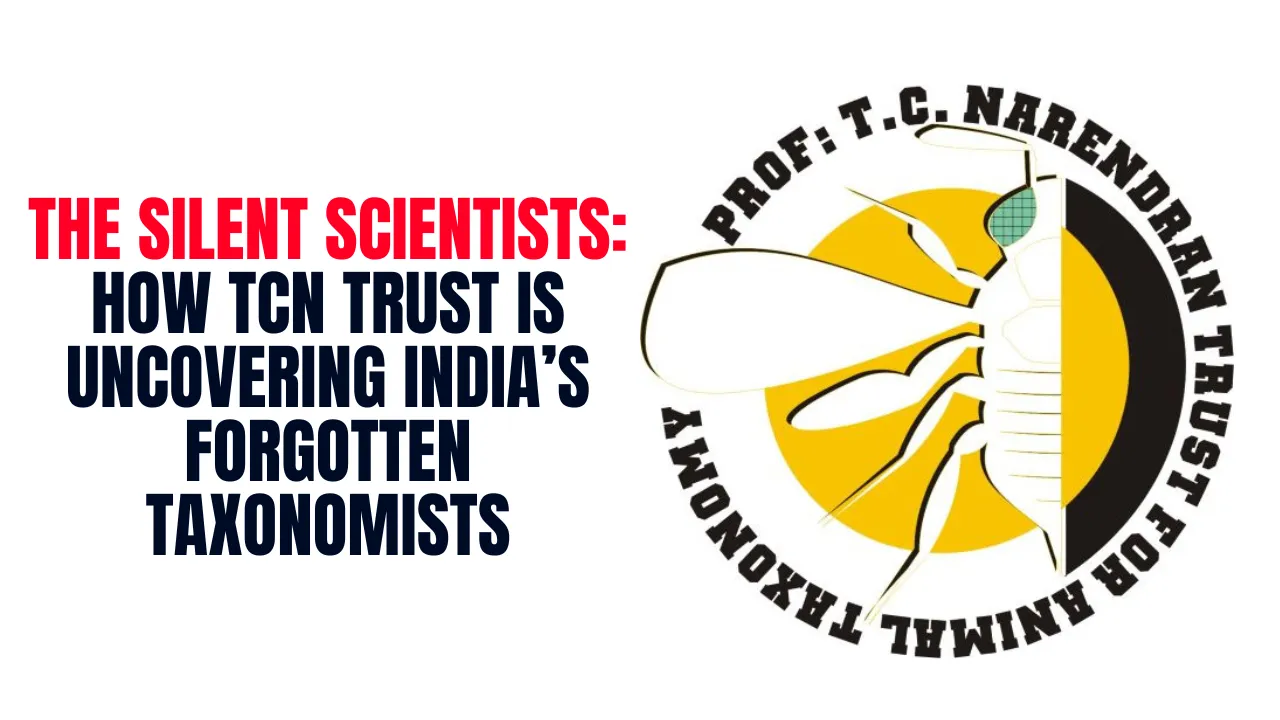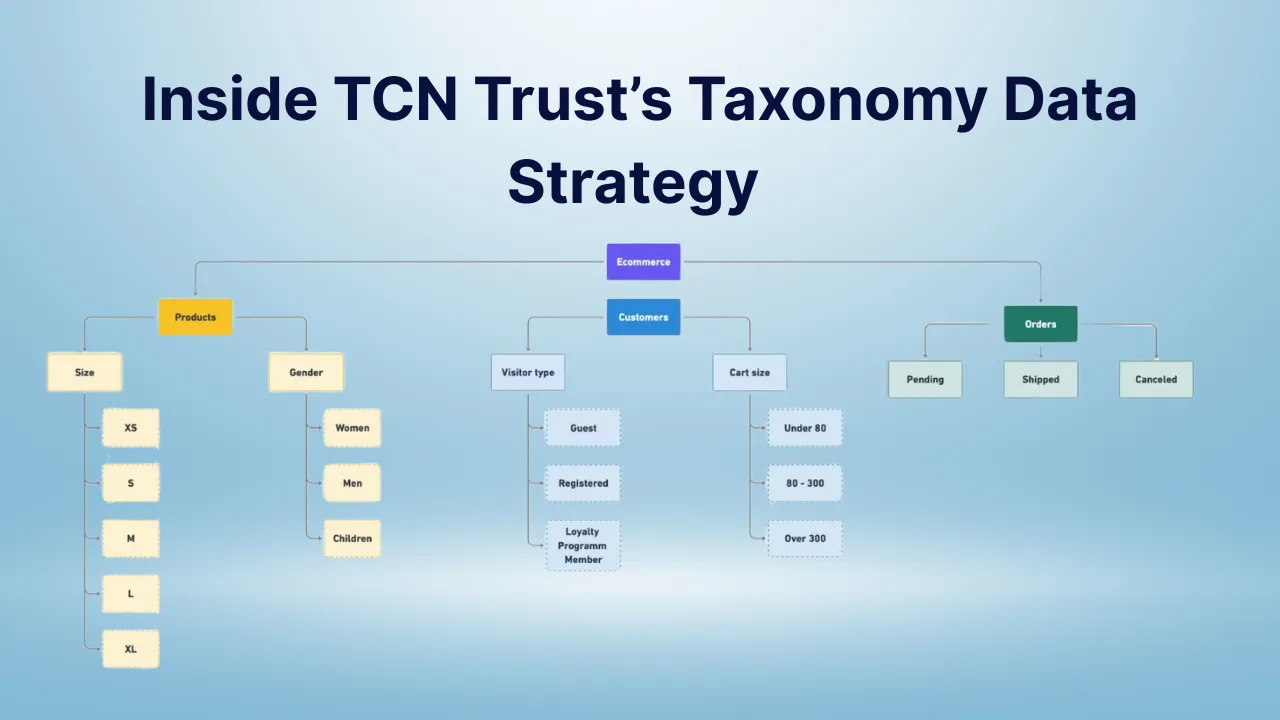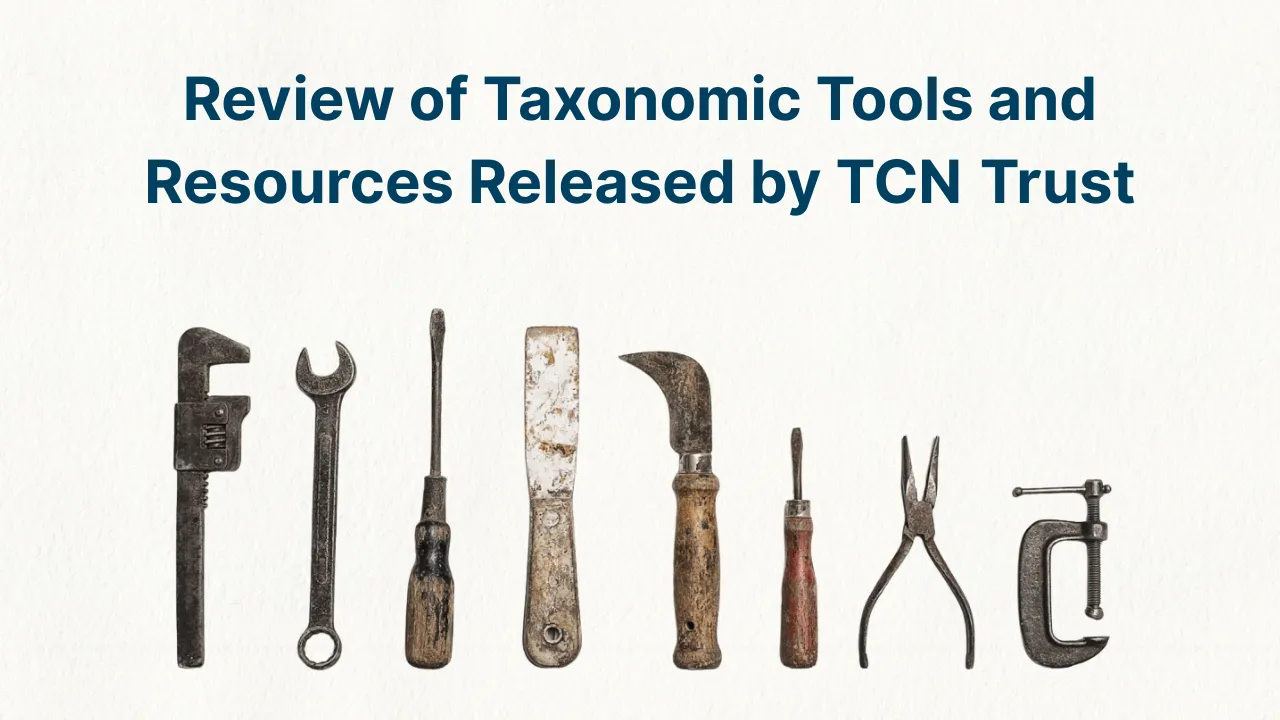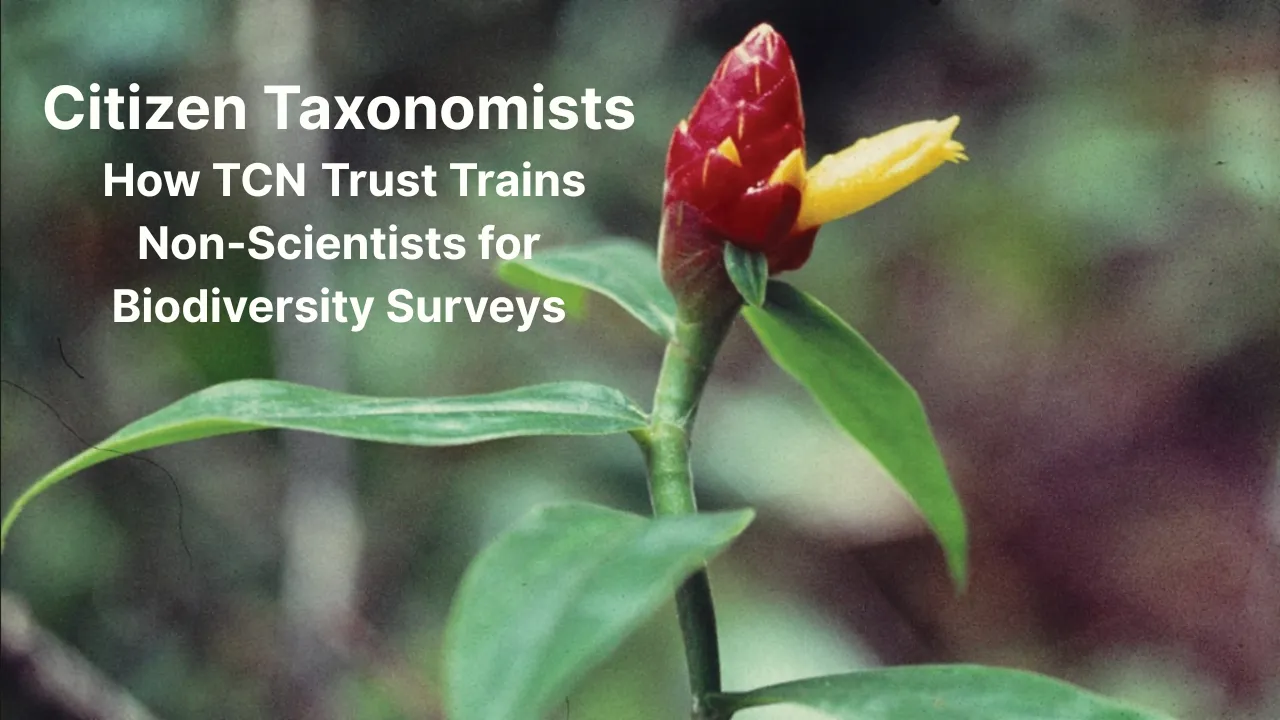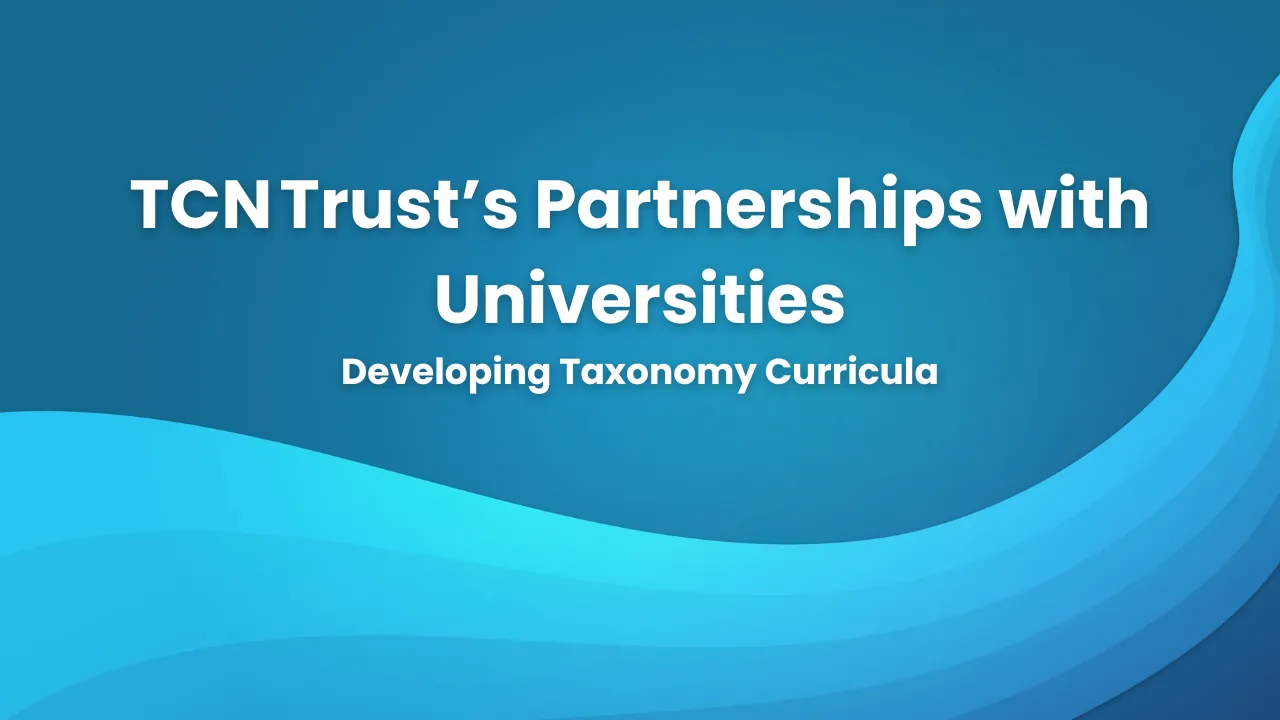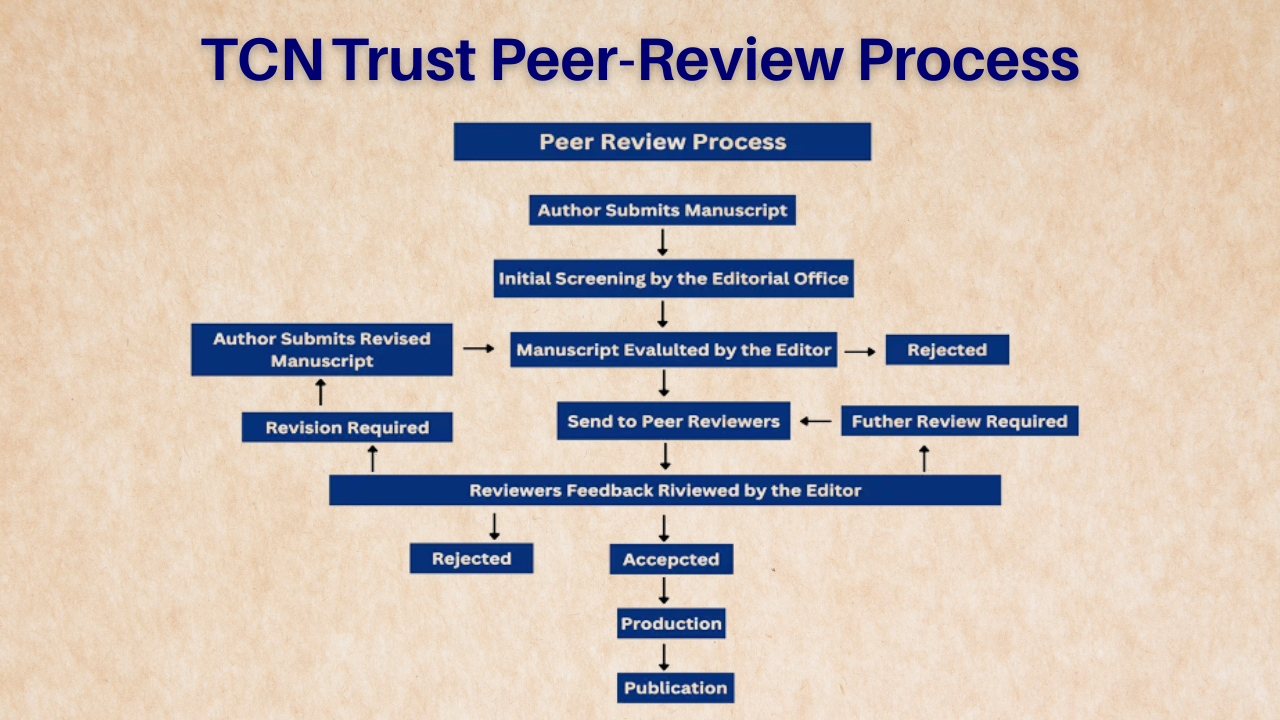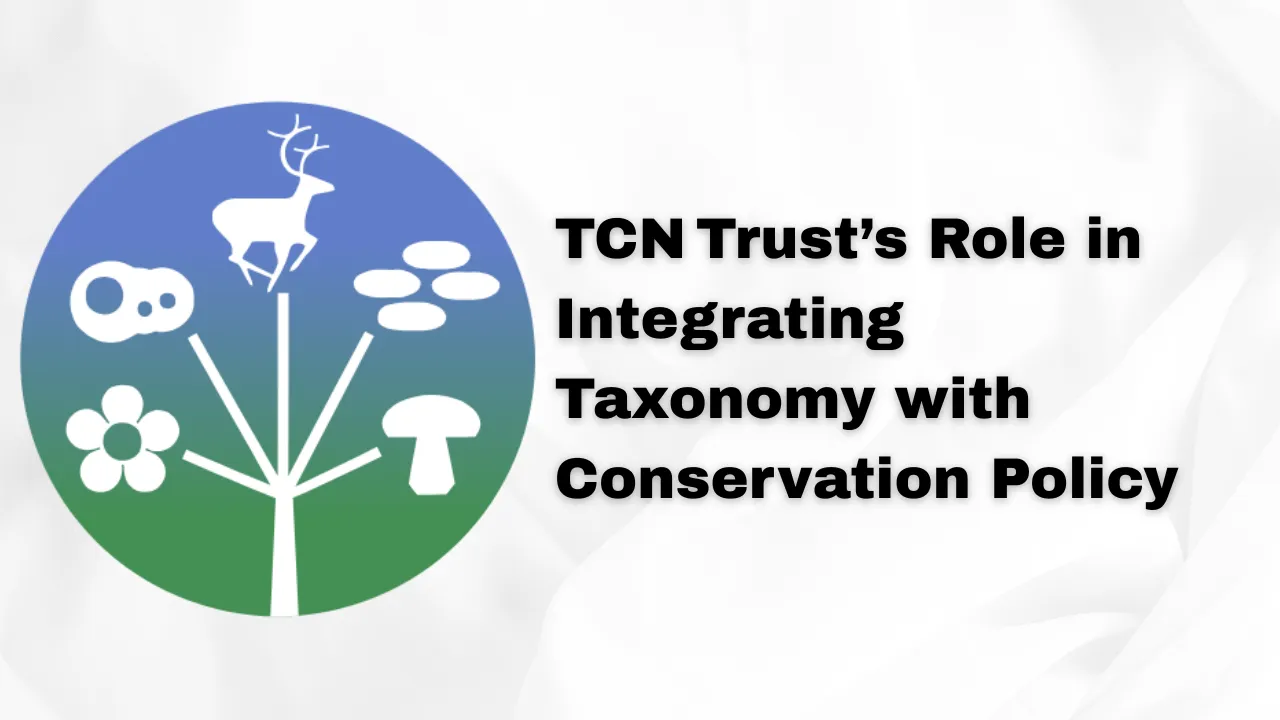TCN Trust is working to correct a long-standing gap in the documentation of India’s scientific legacy—one that has seen countless Indian taxonomists fade into obscurity despite their deep contributions to the classification of India’s rich fauna. While modern scientific circles often remember globally known taxonomists, India’s own pioneers have been left largely unrecognized, their stories scattered across old journals, marginal notes, and unpublished field reports.
This article explores how TCN Trust is making a significant effort to rediscover and spotlight the forgotten architects of animal taxonomy in India. Through archival revival, education outreach, and academic collaboration, the Trust is bringing overdue attention to the lesser-known contributors who helped document India’s extraordinary biodiversity.
How TCN Trust is Reviving Forgotten Taxonomists of India
With a clear focus on historical restoration and scientific outreach, TCN Trust is actively working to uncover and celebrate the lost names in India’s taxonomic history. These include early Indian taxonomists who documented species in forests, wetlands, and coastal habitats across the country. Their fieldwork and zoological classifications, often conducted under colonial rule or in post-independence obscurity, formed a crucial part of India’s biological archive. TCN Trust bridges the past and present by curating their stories, digitizing their work, and introducing their legacy to students, researchers, and the public. This effort not only enriches our understanding of India’s scientific history but also inspires the next generation of biodiversity conservation leaders.
Overview of TCN Trust’s Work in Reviving Forgotten Indian Taxonomists
| Initiative | Details |
| Biographical Research | Documenting life and work of early Indian taxonomists |
| Digitization of Archives | Converting old taxonomic texts and field records into digital formats |
| Education and Outreach | Promoting taxonomy awareness in schools and universities |
| Public Exhibits and Lectures | Organizing events that celebrate natural history and taxonomy |
| Institutional Collaborations | Partnering with museums and academic bodies for research |
| Recognition Programs | Advocating for national recognition of overlooked scientists |
| Online Access and Platforms | Creating digital repositories for taxonomy-related knowledge |
| Mentorship and Internships | Training students and early-career scientists in taxonomy research |
Biographical Research on Overlooked Scientists
One of the Trust’s foundational goals is to identify and tell the stories of forgotten Indian taxonomists who described hundreds of native animal species but received little or no credit. Many of these individuals worked during the colonial era or in isolated research environments, often publishing in regional journals that were overlooked by mainstream science. TCN Trust has undertaken the task of tracing these names through forgotten manuscripts, government records, personal notebooks, and letters. In some cases, they have uncovered species named by Indian researchers that were later misattributed or overshadowed. By documenting these biographies, the Trust is restoring scientific credit to the rightful contributors.
Digitization of Historical Archives
A major part of TCN Trust’s revival effort lies in digitizing rare documents, including zoological field notes, species classification records, unpublished manuscripts, and old scientific illustrations. Much of this material exists in fragile condition within private collections or underfunded libraries. Through careful conservation and scanning, TCN Trust ensures this legacy is preserved and made accessible. By placing this information in the public domain, especially through online repositories, they provide a valuable resource for zoological research, biodiversity assessments, and academic study.
Public Exhibits and Taxonomy Lectures
To foster interest among the public, TCN Trust organizes exhibitions, heritage walks, and expert talks that narrate the journey of taxonomy in India. These events feature visuals such as hand-drawn species charts, reproduction of old sketches, and timelines of major discoveries. Many of these programs are hosted in collaboration with natural history museums and local cultural institutions. The objective is to make natural history approachable, especially for younger audiences and those outside the scientific community. By humanizing the field of taxonomy, the Trust brings to life the people behind the science.
Academic Partnerships and Field Research Integration
TCN Trust also works hand-in-hand with universities and biodiversity research institutions. These collaborations are key to rediscovering lost data and validating historical species records. Many early taxonomists made observational notes that hold value even today in biodiversity conservation efforts. In some cases, field teams from partner institutions have retraced old expeditions to verify findings or rediscover species thought to be lost. Such work not only adds to current taxonomic databases but also reinforces the long-standing role of Indian scientists in shaping global biological knowledge.
Two Key Ways TCN Trust Honors Indian Taxonomists
- Digital Biographies and Exhibits: By curating accessible and well-researched life stories of early Indian taxonomists, the Trust ensures their contributions are remembered and celebrated.
- Reviving Forgotten Species Records: Many Indian scientists identified species that were later overlooked. TCN Trust works to reintroduce these findings into contemporary databases.
Educational Outreach and Student Programs
A critical part of the Trust’s mission is encouraging a fresh generation of taxonomists. Through outreach in schools, colleges, and field study programs, TCN Trust promotes awareness about taxonomy education and careers in biodiversity research. Students are exposed to historical case studies and given training in species identification, ecological recording, and scientific documentation. The Trust also mentors students in research projects focused on rediscovering and revalidating old classification data. These educational programs build skills while nurturing curiosity and appreciation for India’s scientific roots.
Cultural Context and Indigenous Insights
Many early Indian taxonomists blended scientific methods with indigenous ecological knowledge. TCN Trust places strong emphasis on capturing this intersection—highlighting how taxonomy in India has deep cultural and regional foundations. For example, some of the lesser-known scientists worked closely with tribal or rural communities, gathering insights into animal behavior, migration, and seasonal patterns. Recognizing this blend of knowledge systems adds depth to our understanding of how animal taxonomy was practiced and passed down through generations.
Preserving Scientific Heritage for the Future
TCN Trust views its work not just as historical recovery, but as a vital contribution to India’s future in science and education. By reintroducing forgotten names and rediscovered knowledge into current conversations, the Trust ensures that the scientific heritage of India remains vibrant. This approach strengthens national pride in Indian contributions to global science and creates continuity between past knowledge systems and modern-day research.
FAQs
1. What is the purpose of TCN Trust’s work?
TCN Trust aims to recover, preserve, and publicize the contributions of India’s forgotten taxonomists who helped shape the study of animal classification.
2. How does TCN Trust find information about historical taxonomists?
They use archival research, personal letters, old journals, and museum records to piece together biographies and scientific achievements.
3. Does TCN Trust collaborate with educational institutions?
Yes, it partners with universities, research institutes, and schools to promote taxonomy education and joint research projects.
4. Is the public allowed to participate in TCN Trust’s programs?
Yes, the Trust hosts public events, exhibitions, and lectures that are open to all, including those outside the academic community.
5. How can students get involved with TCN Trust?
Students can join internships, attend workshops, or contribute to research and digitization efforts led by the Trust.
Final Thought
In a world where many scientific pioneers go unnoticed, TCN Trust is doing the crucial work of remembering, documenting, and honoring the forgotten taxonomists of India. Their efforts help correct the historical record, bring national recognition to unsung heroes, and inspire a deeper respect for India’s contribution to natural history and biodiversity conservation. By building bridges between generations of scientists, TCN Trust is shaping a legacy where past efforts inform future discoveries.
If you’re passionate about science, history, or biodiversity, take a moment to explore the incredible work being done by TCN Trust—and maybe even become a part of this journey to rediscover India’s scientific roots.
